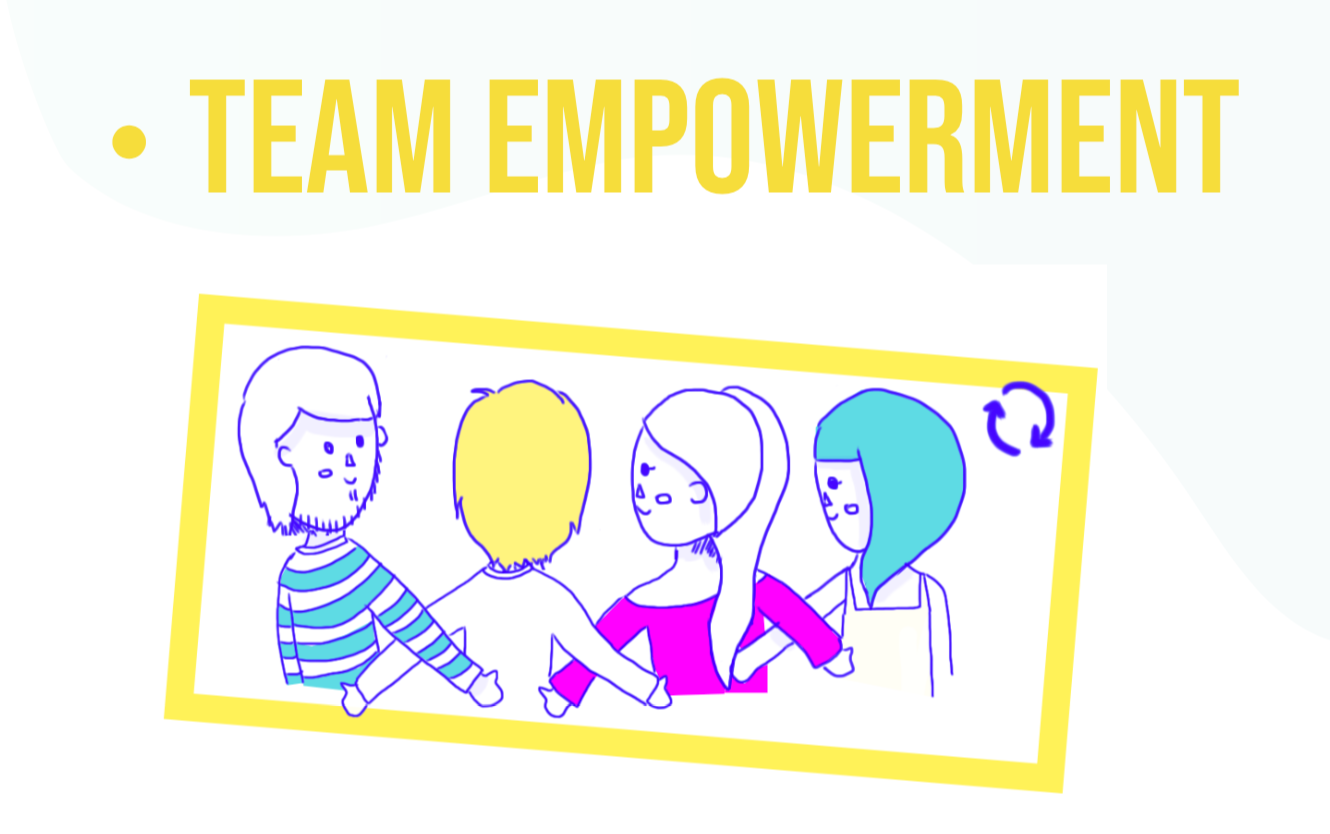Increase Productivity Through Team Empowerment
Team empowerment gives each member a say when the group is making decisions. This allows the team to organize and get things done. When a team is empowered, the hierarchy becomes flatter, and the gap between the manager and the team members is reduced, to the advantage of the project at hand.
Team empowerment makes use of four distinct principles:
- Meaningfulness
- Autonomy
- Impact
- Potency
Why should you empower your team?
There are few better ways of delivering sense of belonging other than gathering people together to work as a team. When team members are motivated and excited to work together because they share common goals and aspirations, the project receives an extra burst of motivation and the desire to deliver quality results.
Then, with minimal supervision and little boosts of encouragement, the team will be motivated and there will be heightened interest in partnering and collaborating during every meeting or working day.
When the team is empowered, members feel that you are in touch with their welfare in every sense; the entire morale of the workers will be at an all-time high. You will have them looking forward to work every day and feeling that they are valued in their posts of duty. Happiness translates into working zest until the whole organization is lit up with the infectious zeal to get things done.

When a team is empowered, the mantle shifts a little from your shoulders as a project manager
The sense of responsibility is transmitted downwards to the team members. They arrive early and are sure to participate well and consistently. Even when there are members of the team which aren’t participating as well, the accountability will be on them because of the influence of a number of the other team members, as opposed to how it would have been when it was just the project manager breathing down their necks.
To empower your team you need to trust. Communicate and get to know each one of them so you can identify their strengths and weaknesses. Delegate tasks according to their abilities and always include them in important moments (for example, when big decisions need to be taken). Celebrate each win as a whole, not as your own (even if you did most of the job), and communicate the progress of the project frequently.
This article is part of an ebook that goes through 12 skills that every project manager should master, showing their importance and some actions you can perform to become better at them. To download the ebook click here:

0 Comments